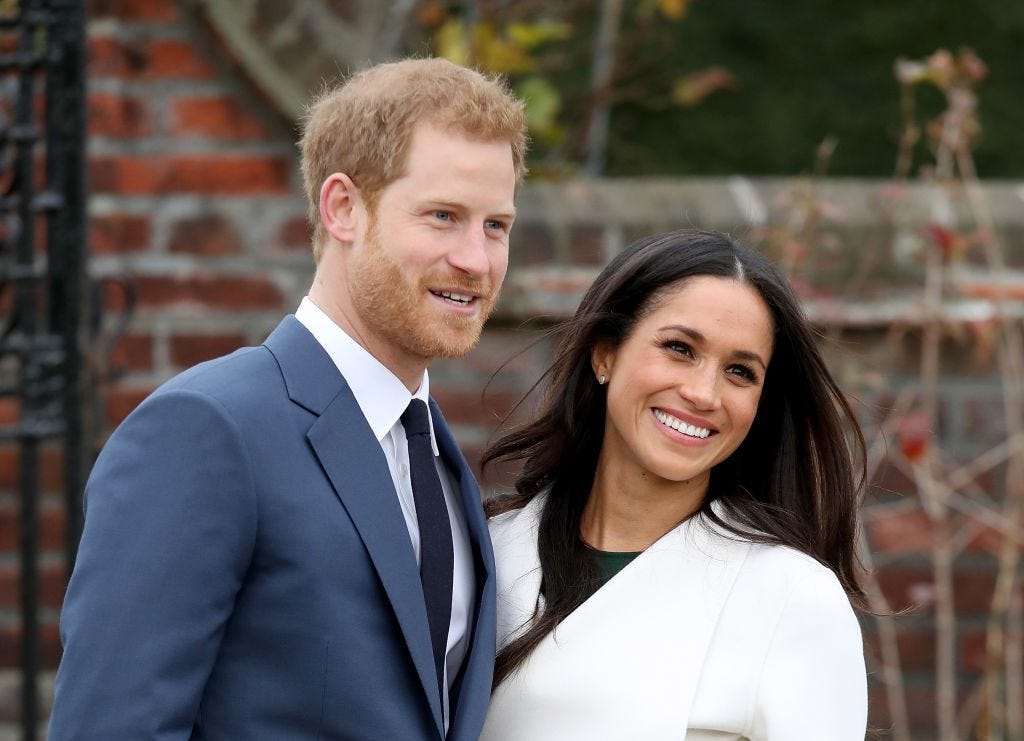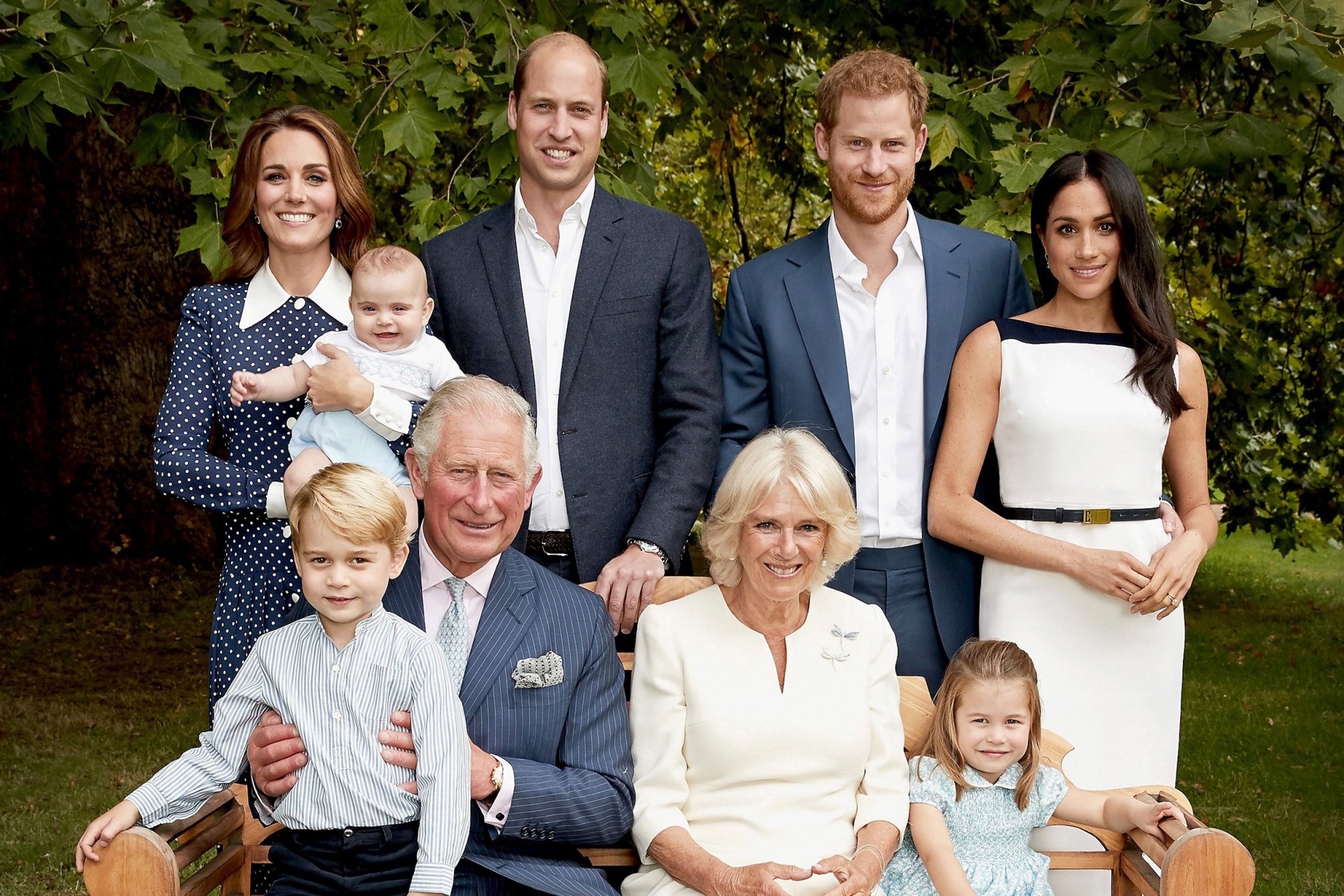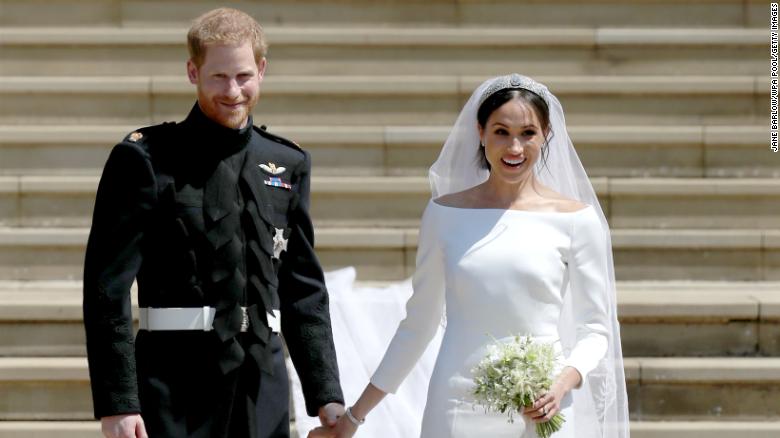Meghan Markle, colorism and the archetype of the ‘tragic mulatto’Posted in Articles, Media Archive, United Kingdom, United States, Women on 2022-09-04 02:15Z by Steven |
Meghan Markle, colorism and the archetype of the ‘tragic mulatto’
The Washington Post
2022-09-04
Karen Attiah, Columnist

Aug. 31 marked the 25th anniversary of the death of Princess Diana in a car crash in Paris in 1997. Also killed were her Egyptian lover, Dodi Al Fayed, and their driver, who was trying to evade a horde of photo-seeking paparazzi chasing them.
Diana was White female innocence personified — “Shy Di,” who had the sympathy of many women who faced unhappy marriages inflamed by adultery and unwelcoming in-laws. As the years went on, Diana’s story became about her attempts to use both her glamour and relatability to break out of the confining box of the British royal family.
It’s probably not a coincidence, then, that Meghan Markle chose last month to launch “Archetypes,” a podcast that aims to explore the stereotypes and boxes that societies put women in.
Which led me to think about the meaning of Markle’s saga with the royal family.
In a conversation on “Archetypes” with biracial singer Mariah Carey, Markle discussed how she was made more aware of the shifting goal posts of race. “I think for us, it’s so different because we’re light-skinned,” she said. “You’re not treated as a Black woman. You’re not treated as a White woman. You sort of fit in between.”…
Read the entire article here.





